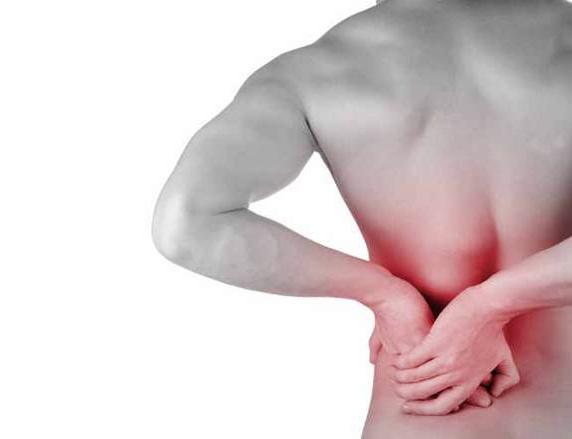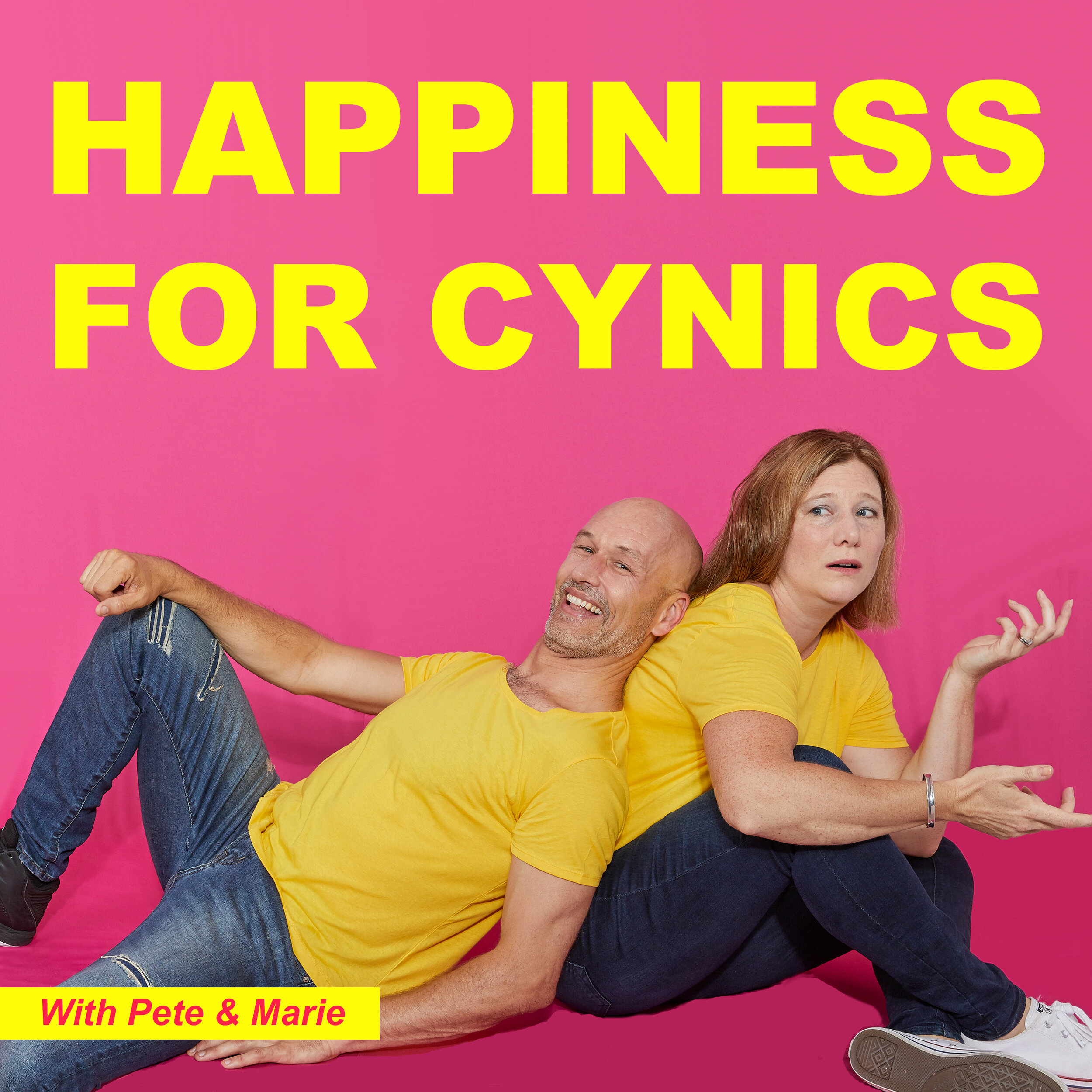Working as an acupuncturist I treat a range of different health imbalances in clinic each week, from stress and mental-emotional fatigue, to digestive and reproductive disorders, but last week in clinic there was a definite focus on pain. Pinching lower back pain, stiff aching knee pain, period pain, jaw pain and the whole body pain that occurs with fibromyalgia. People who suffer from chronic pain know how debilitating it can be. Pain can take the joy out of simple, everyday activities and make life difficult and overwhelming. Pain can be all-consuming, exhausting, depleting. Often an underlying cause for pain can’t even be found, leaving a patient with very few treatment options other than pain killers or other strong medications.
So can acupuncture help with pain – especially when it sounds like it might actually be painful?
Yes, acupuncture can help. And it is actually more relaxing than a lot of people first realise. I am often asked by patients if I am going to put an acupuncture needle deep into the most painful part of their body, and I reassure them that in 99% of cases I am not. Unlike dry needling which can involve putting needles directly into the site of pain to elicit a strong (and often painful) response, acupuncture focuses on key acupuncture points that are usually away from but connected to the site of pain. Gently stimulating these key points can lead to activation of pathways or channels that link up to and affect various physiological systems. So while a treatment works on your sore knee or headache it is also helping your whole body move qi, blood and vital nutrients to where they are most needed. While some acupuncture patients may feel a slight response to the needle (a tingling or buzzing sensation), many are often surprised at how relaxed they feel once the needles are in. It is even quite common for patients to fall asleep on the treatment table.
Research shows acupuncture helps with pain relief
Recent research backs up the anecdotal stories and experiences of patients too. In July of this year the world’s largest randomised controlled trial of acupuncture in emergency departments found acupuncture treatment to be a safe and effective alternative to pain-relieving drugs. The trial led by RMIT University here in Australia involved 528 patients with acute lower back pain, migraine or ankle sprains who presented to emergency departments in Victoria over a 2 year period. Each of the patients were in considerable amounts of pain and were treated with pain-relieving acupuncture on arrival. Forty-eight hours after treatment over 80% of patients said they found their pain had greatly reduced and they would repeat the treatment again. Some Australian emergency departments are now incorporating acupuncture into their emergency care. Hopefully more will follow their lead.
Acupuncture’s benefit to sufferers of chronic pain has also been recognised by the U.S Army. For almost a decade acupuncture has been used by the U.S army as an alternative treatment for pain. It has even been credited for helping cut opiate use and addiction. Acupuncture is also being used to help treat soldiers with PTSD, and to assist with common issues surrounding pain like insomnia and depression. With pain management and opiate addiction such a critical issue around the world, treatment programs like this are particularly inspiring.
Personalised Pain Management
While there are many different types of pain, and we each experience pain very differently, Chinese Medicine’s individualised approach means that treatment can be tailored and tweaked to meet your specific needs. Get in contact to see how acupuncture (and/or Chinese herbal medicine) may be incorporated into your personalised pain management plan.
Tina is our resident acupuncturist and Chinese herbal medicine practitioner. You can find her at MAX REMEDIAL every Wednesday. Call (02) 9299 9964 or 0491 147 368 to make an appointment. Or book via our online booking system.



